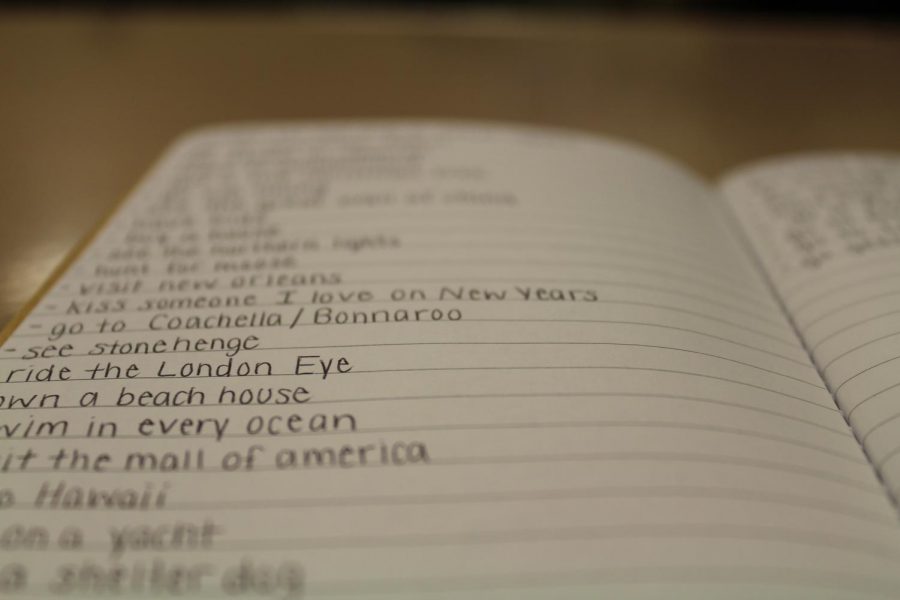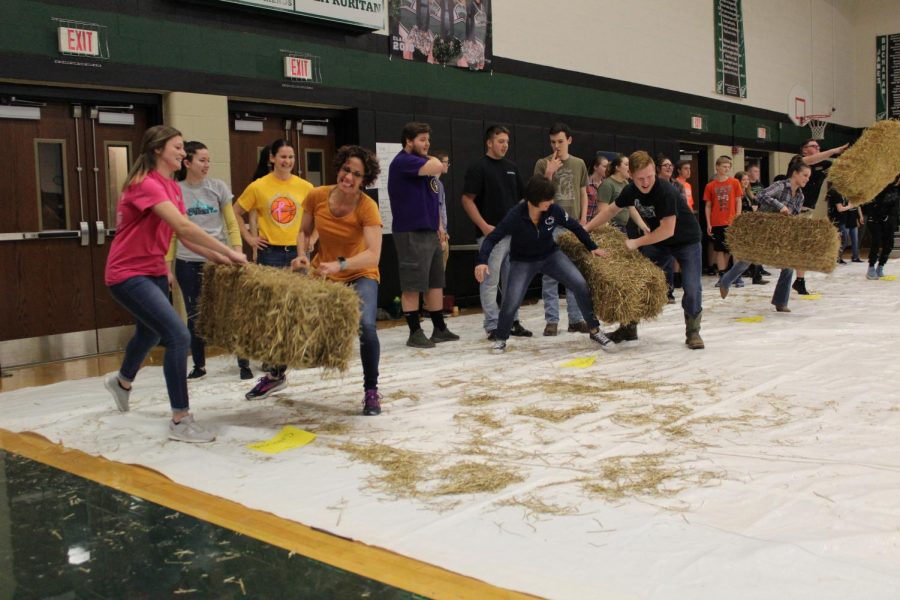
Teachers Take on Bucket Lists
Julia Trei, Staff
• April 2, 2019

Ready? Set? Race!
Kirstyn Black, Staff
• February 27, 2018
Load More Stories


